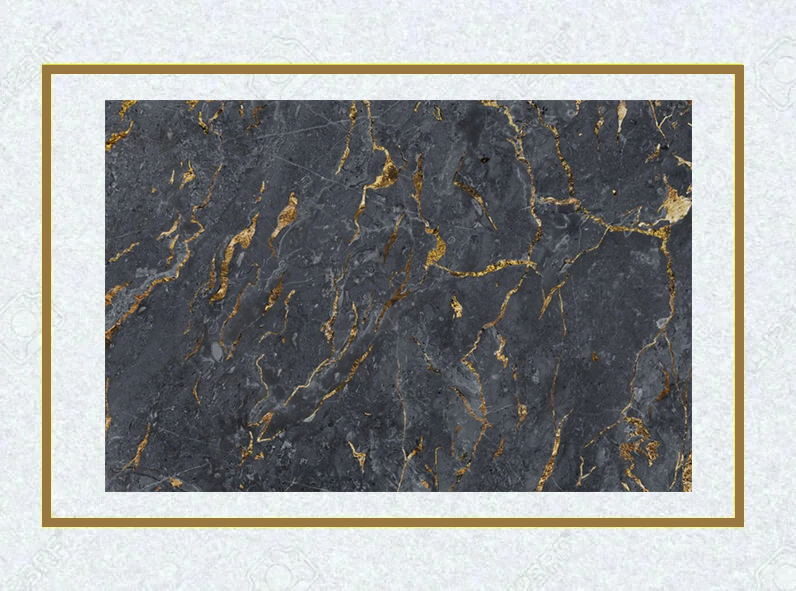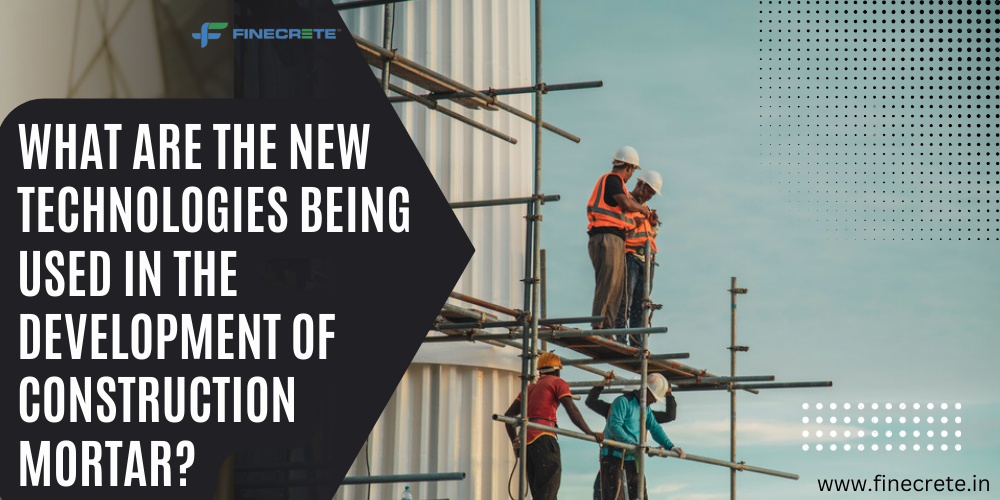The construction industry is constantly evolving, with new technologies and innovations driving progress in various aspects of building materials. One area that has seen significant advancements in recent years is the development of construction mortar.
Mortar, a key component of masonry construction, is traditionally made from a mixture of cement, sand, and water. However, with the advent of new technologies, researchers and engineers have been able to enhance the properties of mortar from mortar suppliers in Rajasthan, improving its strength, durability, and sustainability. Know about some of the ground-breaking technologies that are shaping the future of construction mortar.
- Nano-engineered Additives:
Nanoengineered additives have revolutionized the properties of construction materials, including mortar. By incorporating nanoscale particles, such as nanoparticles, nanotubes, or nanofibers, engineers can significantly enhance the strength and durability of mortar.
These additives improve the bonding between mortar components and help mitigate cracking and shrinkage, resulting in a more resilient and long-lasting material.
- Self-Healing Mortar:
Self-healing materials have gained attention in recent years, and researchers are exploring their potential applications in construction mortar. Microcapsules filled with healing agents, such as polymer-based materials, can be incorporated into the mortar mixture.
When cracks occur, these capsules rupture, releasing the healing agents that react and fill the cracks, restoring the material’s structural integrity. This technology has the potential to increase the lifespan of structures and reduce the need for frequent repairs.
- Geo-polymer Mortar:
Geopolymers are eco-friendly alternatives to traditional cement-based materials. Geopolymer mortar is produced by mortar manufacturers in Rajasthan by combining industrial by-products, such as fly ash or slag, with alkaline activators.
This innovative material offers several advantages, including reduced carbon emissions, higher chemical resistance, and improved fire resistance compared to conventional mortar. Geopolymer mortar also exhibits excellent adhesion properties, making it suitable for various construction applications.
- 3D Printing:
3D printing has made remarkable strides in the construction industry, and it has found its way into mortar development as well. Using specialized 3D printers, mortar can be precisely deposited layer by layer, enabling the creation of complex and intricate structures with high precision.
This technology offers greater design freedom, reduced material waste, and faster construction times. 3D-printed mortar structures can also be optimized for strength and durability by incorporating reinforcement fibers or nanoengineered additives.
Conclusion
The development of construction mortar is witnessing a technological revolution, with various innovative approaches reshaping the industry. As these technologies continue to mature and find wider adoption, we can anticipate significant improvements in the construction industry, promoting sustainable practices and raising the bar for structural integrity and durability.






